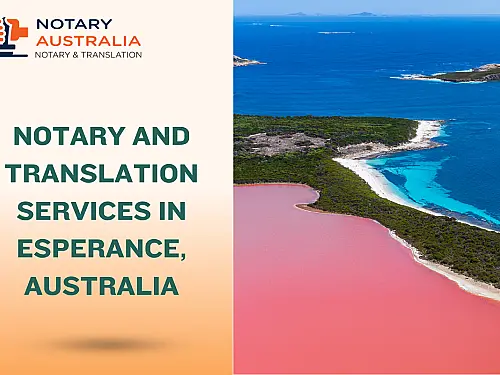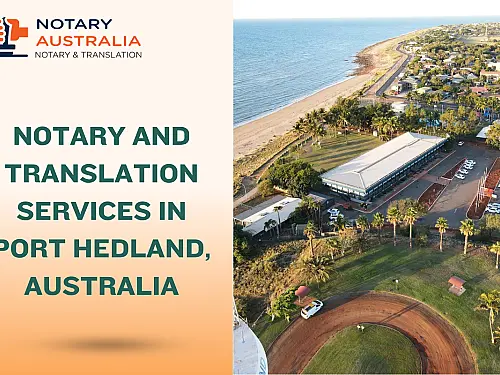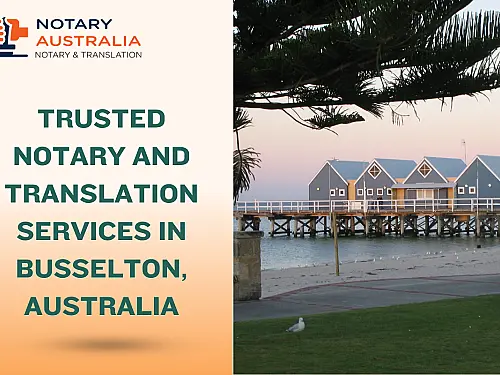



Notary vs Justice of Peace: Legal Roles, Costs and Document Uses
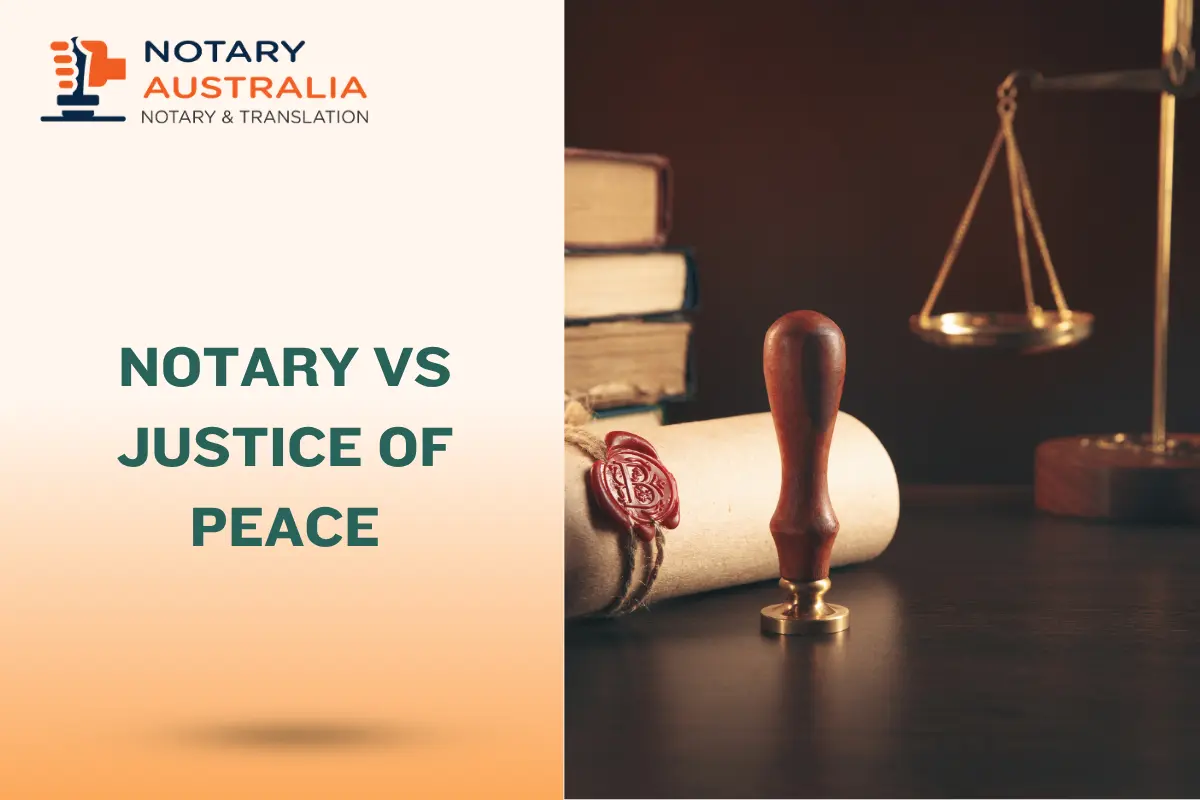
Table of Contents
In Australia, getting documents witnessed, certified, or signed legally often comes down to two public officials: a Notary Public and a Justice of the Peace (JP). Both serve important roles—but they’re not the same. While some duties overlap, the scope, authority, and recognition of their signatures can vary dramatically.
So, how do you know who to approach for your specific legal need? Let’s break down the differences between a Notary and a Justice of the Peace—so you always go to the right expert, whether for local certification or international legal use.
What Is a Notary Public?
A Notary Public is a senior legal professional authorized to witness and authenticate documents for use both in Australia and internationally. Notaries are usually experienced lawyers appointed by the Supreme Court of a state or territory.
Responsibilities of a Notary:
- Witnessing signatures
- Certifying true copies of documents
- Preparing notarial certificates
- Attaching apostilles or assisting with embassy legalization
- Authenticating documents for use in overseas jurisdictions
What Is a Justice of the Peace (JP)?
A Justice of the Peace is a volunteer officer who can perform basic legal witnessing and certifying services within Australia. They are appointed by state governments and typically serve the public free of charge.
Responsibilities of a JP:
- Witnessing statutory declarations and affidavits
- Certifying true copies of Australian documents
- Witnessing signatures for Centrelink, government, or local documents
- Supporting police or legal proceedings as non-legal officers
Notary vs. JP: Key Differences at a Glance
| Feature | Notary Public | Justice of the Peace |
|---|---|---|
| Appointment Authority | Supreme Court | State/Territory Government |
| Legal Qualification | Must be a senior lawyer | No legal background required |
| Charges Fees | Yes | No (free service) |
| International Recognition | Yes (globally recognised) | No (Australia-only) |
| Apostille/Legalisation | Yes (can assist with DFAT/Embassy) | No |
| Types of Documents | International & local | Domestic only |
| Witnessing Signatures | Yes | Yes |
| Certifying Copies | Yes | Yes |
Which Documents Should Go to a Notary?
Choose a Notary Public if you are dealing with:
- Overseas education applications
- Business contracts with foreign entities
- Power of Attorney for use overseas
- Foreign visa or passport applications
- Certificates of origin or international shipping docs
- Embassy-related legalization
A notary's signature is accepted by:
- Foreign embassies and consulates
- Overseas universities and immigration offices
- International business partners and governments
Which Documents Can Be Handled by a JP?
A Justice of the Peace is ideal for:
- Statutory declarations
- Affidavits for local use
- Centrelink forms
- Police character checks
- Driver’s license identity documents
- Court-related affidavits
Their certification is valid only within Australia and not acceptable for foreign authorities.
Costs: Notary vs. JP
- JP services are free – They are volunteers.
- Notary services involve a fee – Expect to pay $80–$200 per document depending on urgency, complexity, and number of pages.
If your document is for international use, the extra fee for a notary is essential and unavoidable.
Where to Find a JP or Notary
Justice of the Peace
- Public libraries
- Council offices
- Police stations
- Community centres
- Bookable online via state government websites (e.g., NSW JP Register)
Notary Public
- Notary firms or legal offices
- State Law Societies
- Certified private notaries
- Bookable online for in-person or remote notarization
International Document Use: JP vs. Notary
| Scenario | Go To |
|---|---|
| Certifying documents for use in Australia | JP or Notary |
| Submitting forms to a foreign government | Notary only |
| Visa application for another country | Notary only |
| Embassy document submission | Notary + Apostille |
| Local police check or statutory declaration | JP or Notary |
Foreign governments do not accept documents witnessed by a JP. Always use a notary for overseas matters.
Qualifications: Who Can Become One?
Notary Public
- Must be a qualified lawyer with over 5 years of experience
- Appointed by the Supreme Court
- Must undergo additional legal training specific to notarial practice
Justice of the Peace
- Open to Australian citizens of good character
- No legal training required
- Must complete an application and sometimes basic training
- Appointed by state authorities (e.g., NSW Attorney General)
Online vs. In-Person Services
- JPs are mostly in-person, although some offer digital appointments for statutory declarations via platforms like Zoom or Teams.
- Notaries offer both online and in-person appointments, especially useful for urgent or international documentation.
Notaries can digitally witness documents, verify identity remotely, and even ship original notarized copies worldwide.
Real-Life Examples: JP or Notary?
- Student applying to UK university – Notary
- Senior certifying pension paperwork – JP
- Exporter needing international shipping docs verified – Notary
- Tenant signing a lease agreement – JP
- Couple preparing marriage affidavit for visa – Notary
Final Thoughts: Who Should You Choose?
If you're dealing with local paperwork and want a free service, a Justice of the Peace will meet your needs. But if your document is heading overseas, involved in international business, or part of an immigration process, you’ll need a Notary Public.
Understanding who does what saves time, ensures legal compliance, and prevents costly delays.
Need a Notary in Australia?
At Notary Australia, we specialize in:
- Export documentation
- Visa and immigration paperwork
- Business and commercial contracts
- Online notarization with global acceptance
Book your appointment today and get your documents notarized fast, legally, and internationally ready.

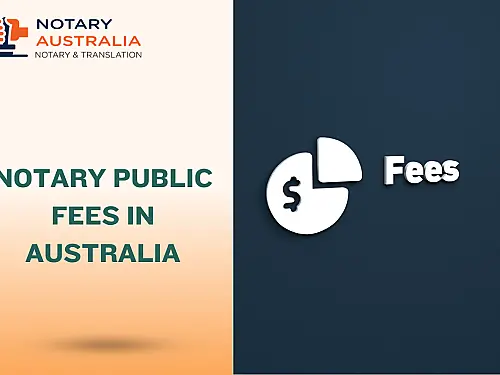

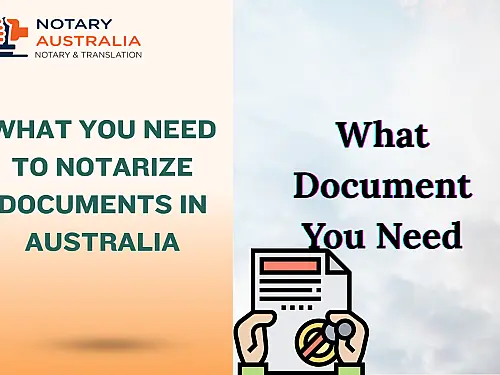
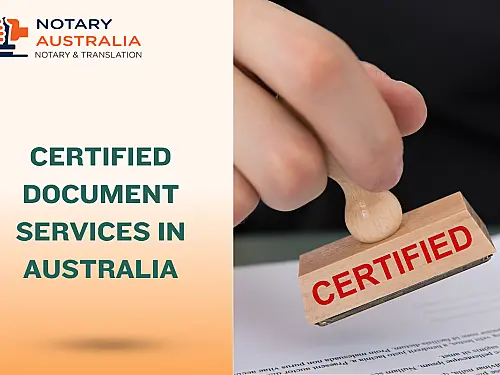
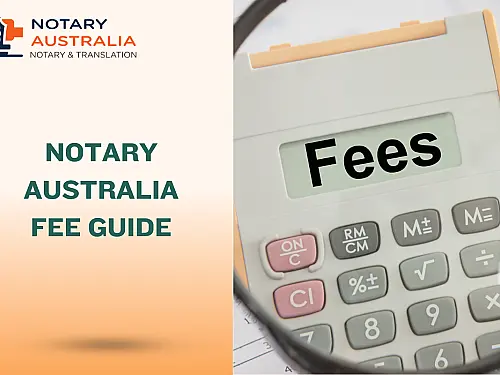
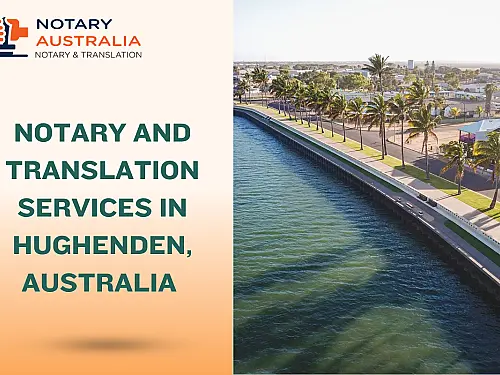
-thumb.webp)
